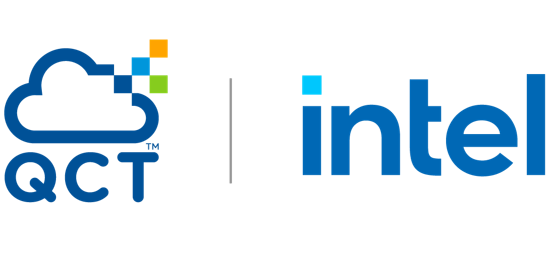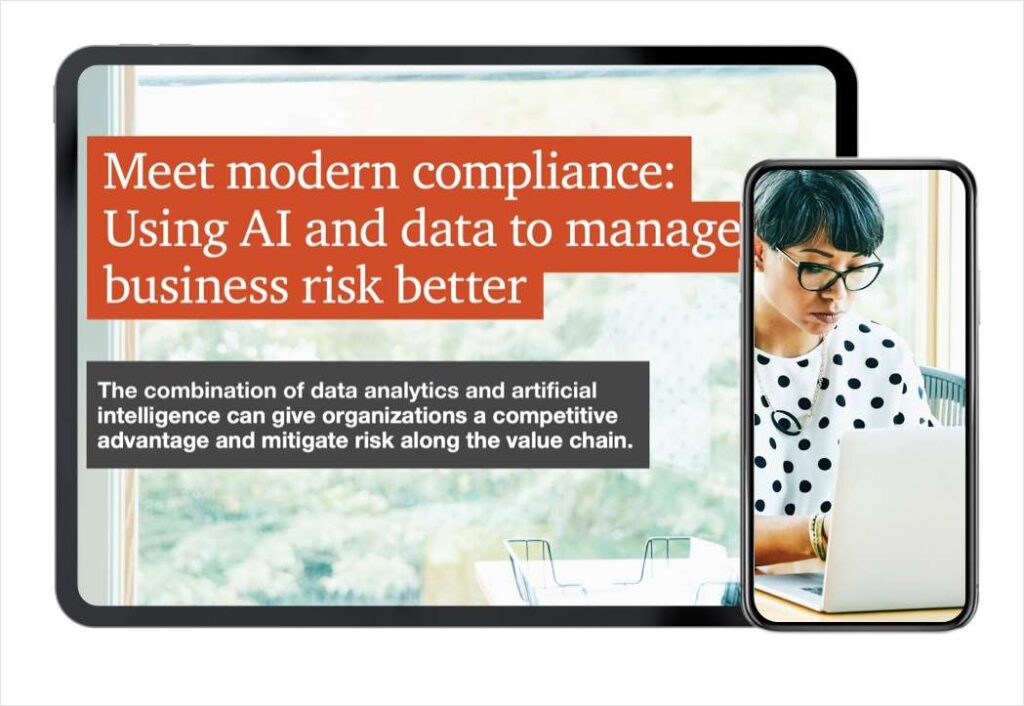 Grid Computing was all the rage some 10 years, ago, but you hardly hear about it any more. Now, Grid pioneer Ian Foster has posted his thoughts as to where the Grid stands today in the age of the Cloud:
Grid Computing was all the rage some 10 years, ago, but you hardly hear about it any more. Now, Grid pioneer Ian Foster has posted his thoughts as to where the Grid stands today in the age of the Cloud:
“Grid computing is alive and well in scientific fields that need to federate or distribute large quantities of scientific data, or enable on-demand access to the same. E.g., cancer biology, neuroscience, high energy physics, climate science, astronomy. The technology also underpins national and international cyberinfrastructures, e.g., the US TeraGrid (now XSEDE).
In industry, the term “grid computing” has been used, rather oddly, as sort of a synonym for parallel computing (e.g., Oracle 10-G) and sometimes to mean what the BOINC guys used to call (confusingly) “distributed computing”–i.e., harnessing idle desktops.
To use the electric power grid analogy, cloud is really about getting the supply side right, driven by new sources of demand and enabled by good distribution (broadband deployment). Scientific grids never do a really great job of supply: the economic incentives aren’t right. Thus I like to say that “cloud is about outsourcing; grid is about federation.”
Foster goes on to say that Grid and Cloud are really just offshoots of utility computing as described by Doug Parkhill in his 1966 book, The Challenge of the Computer Utility. Read the Full Discussion on Quora.




Great article.
Great article.Thank you for sharing it.This was very much useful to me.I found some information about Grid Computing & cloud computing at http://www.techyv.com/article/cloud-computing-vs-grid-computing
Para usar la analogía de la red de energía eléctrica, la nube es realmente acerca de cómo el derecho a la oferta, impulsada por nuevas fuentes de demanda y habilitado por la buena distribución (despliegue de banda ancha). Redes de científicos nunca hacen un gran trabajo de la oferta: los incentivos económicos no son correctas. Así me gusta decir que la nube “es acerca de la subcontratación; la red es de la federación.